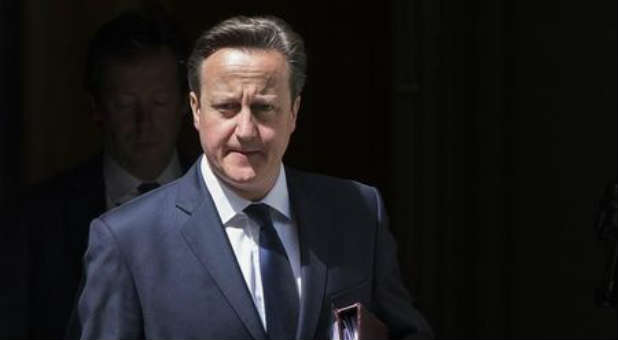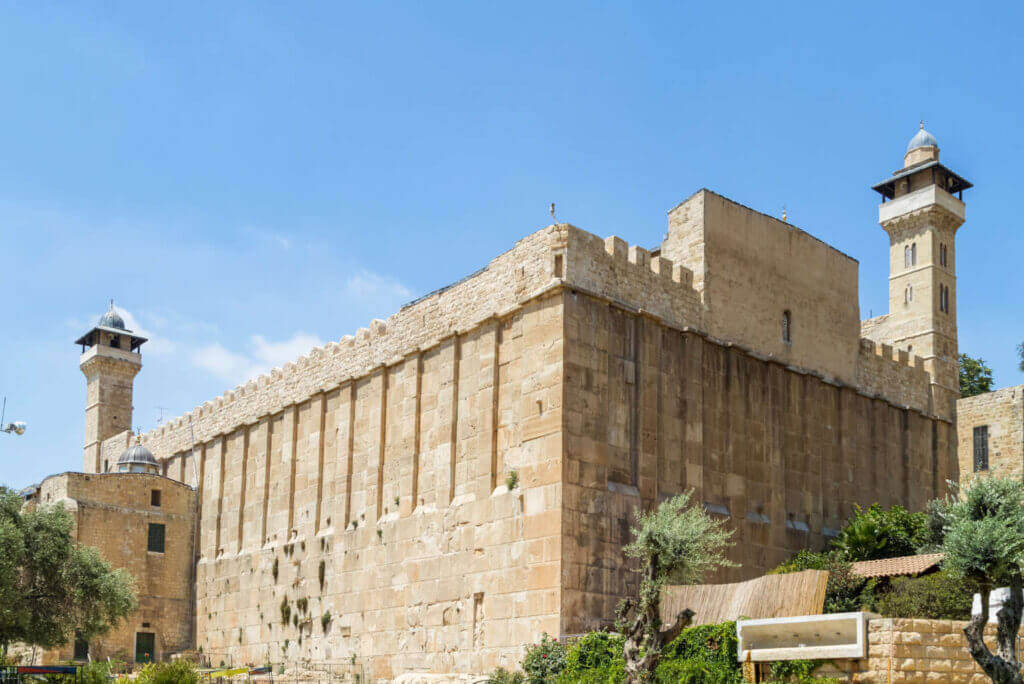The logic behind the British government’s proposed Extremism Disruption Orders (EDOs) has led to a form of “political extremism”, a columnist for The Times has said.
Melanie Phillips expressed concern that EDOs may have a “chilling effect on free speech” which could extend far beyond the Islamic extremism they are purported to target.
Last week, the Government rowed back on a proposal to set up a “watchlist” for faith leaders in a move welcomed by The Christian Institute.
‘Hate crime’
Phillips began by posing the question: “Just what, in the government’s view, is an extremist?”
Arguing that the “trajectory of ‘hate crime’ has hardly set a reassuring precedent”, she said:
“Christians standing up for biblical sexual ethics have lost their jobs or had their collars felt by the police for discriminating against gay people.”
‘Normative views’
She also stressed that terms such as Islamophobia, homophobia and transphobia have become “insults hurled to make unsayable a wide spectrum of hitherto normative views”.
Phillips suggested that the test for extremism should be the likelihood of causing “actual harm”.
She said: “Islamic extremism creates a continuum of fanaticism and bigotry which at its extreme acts as a conveyor belt to violence. By contrast, giving offence does not lead to violence”.
Islamic extremism
Amid criticism of the government’s broad definition of extremism, the Prime Minister has identified that the challenge facing Western society is Islamic extremism in particular.
After a speech at the U.N. by U.S. President Barack Obama, Mr. Cameron said: “Barack, you’ve said it, and you’re right—every religion has its extremists. But we have to be frank that the biggest problem we have today is the Islamist extremist problem which has given birth to Isil”.
Last week, The Christian Institute welcomed the Government’s decision to backtrack on its proposal for a “truly sinister” national ‘watchlist’ for faith leaders.
‘Over the top’
Institute Director Colin Hart said: “Creating a secret database of religious leaders would be completely over the top. It is shocking that civil servants would even consider the idea.
“However, although this particular proposal seems to have been dropped, other aspects of the counter-extremism agenda, particularly the plans for Extremism Disruption Orders, remain a cause for deep concern.”
See an error in this article?
To contact us or to submit an article






















